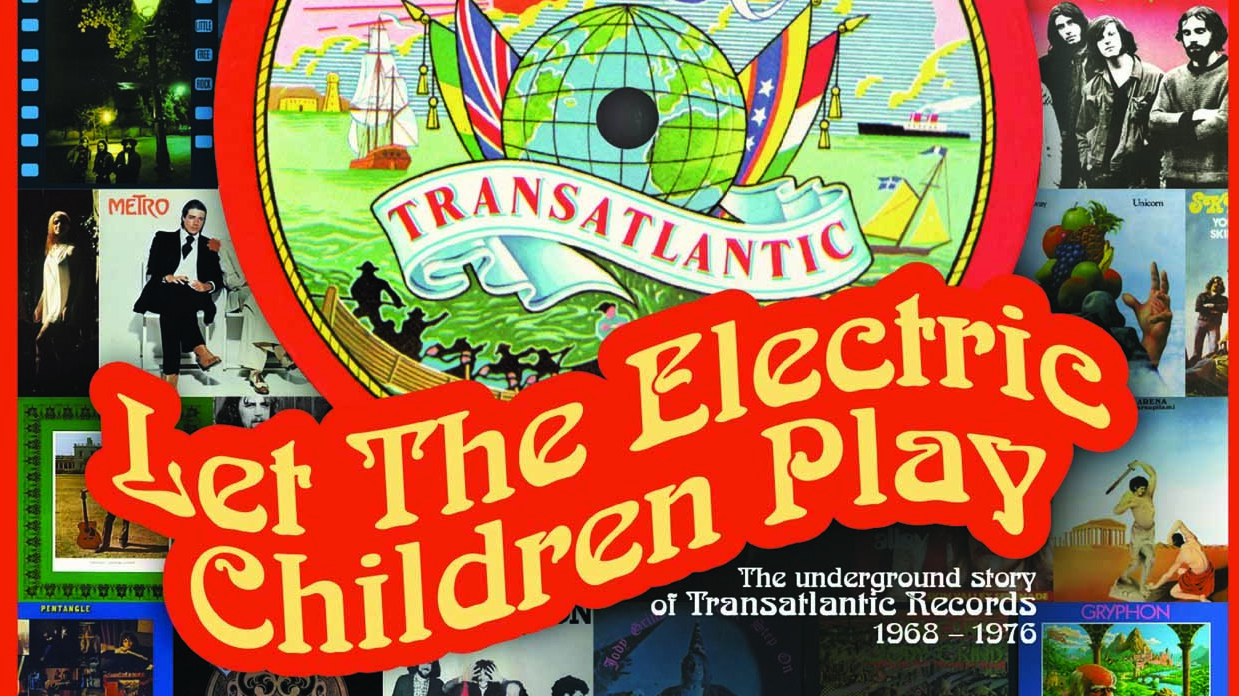You can trust Louder
In any account of progressive music, record labels such as Harvest, Vertigo, Island, Charisma, and Virgin dominate as the homes to the artists who forged much of the new musical directions of the late 60s and early 70s. So it’s good to see another independent label that hosted some of the lesser-known players getting a reappraisal. Transatlantic Records’ Nat Joseph was one of those entrepreneurs in the industry whose tastes, though eclectic, were primarily and understandably informed by what he thought he could sell.
Seeing the emergence of the vibrant folk music scene, his primary trade in importing American blues and jazz titles expanded to commissioning recordings of some of the UK’s brightest and best acoustic artists of the day. Bert Jansch’s 1965 self-titled debut, the Ian Campbell Folk Group, The Young Tradition and later, Pentangle’s dazzling arrival, chronicled a period of dramatic reinvention and innovation.
The spoken word also received a hearing with poets such as Adrian Mitchell and Ron Geesin’s Dadaist collages appearing. That wide-open approach meant that as things got hairier, heavier and louder it was inevitable that Joseph’s attention would turn to psychedelic and progressive rock. The threedisc set, curated by Esoteric label boss Mark Powell, concentrates largely on the electric end of the label’s output, whose contribution to the wider history of the progressive scene, Powell argues, has been somewhat undervalued.
While Transatlantic’s prog roster might not have had the commercial success enjoyed by the independents and boutique imprints of the majors, there’s no lack of aspiration or talent found in this anthology. Though groups such as Gryphon, CMU, Marsupilami, Skin Alley, Stray, Jody Grind and others bubbled under on the periphery, these stalwarts of the support slot nevertheless turned in some fine music. A pre-Camel Peter Bardens is on fantastic, virtuosic form with the epic, sweat-soaked Homage To The God Of Light, while Circus, boasting future King Crimson sax player Mel Collins, jazz up The Beatles and give Charles Mingus a rock makeover. The contrasts between the gothic folk of Mr Fox, seething with dark, pagan foreboding, and the nuanced harmonies and West Coast stylings of UK band Unicorn could not be more pronounced yet both sit well within the label’s ambit.
With such an extensive discography this can only ever be a partial telling of the story. However, this shows a legacy worth celebrating and provides listeners with encouragement to head off for more in-depth explorations of their own.
Sign up below to get the latest from Prog, plus exclusive special offers, direct to your inbox!
Sid's feature articles and reviews have appeared in numerous publications including Prog, Classic Rock, Record Collector, Q, Mojo and Uncut. A full-time freelance writer with hundreds of sleevenotes and essays for both indie and major record labels to his credit, his book, In The Court Of King Crimson, an acclaimed biography of King Crimson, was substantially revised and expanded in 2019 to coincide with the band’s 50th Anniversary. Alongside appearances on radio and TV, he has lectured on jazz and progressive music in the UK and Europe.
A resident of Whitley Bay in north-east England, he spends far too much time posting photographs of LPs he's listening to on Twitter and Facebook.


